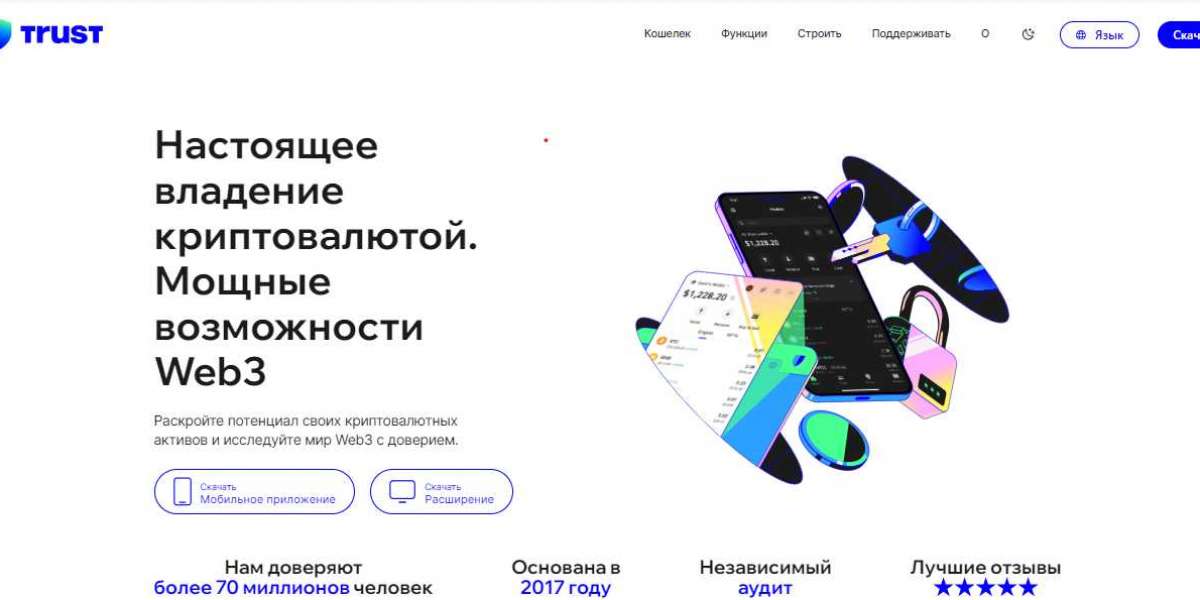In mental health care, rapid intervention during a crisis can be transformative. As awareness of mental health issues grows, solutions like mobile crisis teams and telepsychiatry are increasingly essential, providing accessible, immediate support precisely when people need it most.
The Critical Role of Mobile Crisis Teams
Mobile crisis teams are comprised of specially trained professionals equipped to offer on-site support to individuals experiencing acute mental health crises. These teams have the flexibility to respond in various settings, providing real-time, expert intervention directly where it’s needed.
Key benefits of mobile crisis teams include:
- Rapid Response: Mobile crisis teams are trained to respond promptly in emergencies, helping stabilize situations and mitigate escalation.
- Contextual Assessment: By assessing individuals within their own environment, mobile crisis teams gain valuable insights, allowing for a more personalized and relevant intervention.
- Community Coordination: These teams frequently collaborate with emergency services and local organizations, facilitating a cohesive crisis response that promotes smooth transitions to ongoing care.
To learn more about the impact and operations of mobile crisis teams, a range of resources are available for a deeper dive into effective crisis intervention.
Enhancing Accessibility with Walk-In and Telepsychiatry Services
As mental health needs grow, flexible and accessible options become increasingly important. Walk-in and telepsychiatry services provide essential support for individuals requiring timely psychiatric care.
Walk-In Clinics: These facilities allow for immediate evaluations and treatment without the need for prior appointments, which is vital in a crisis. Benefits include:
- Instant Access: Walk-in clinics provide immediate care options, critical during times of urgent need.
- Convenient Availability: Flexible hours make these clinics more accessible for those with challenging schedules.
- Comprehensive Services: Walk-in facilities often provide a range of evaluations and treatments, ensuring thorough and customized care.
Telepsychiatry: Through remote technology, telepsychiatry extends psychiatric care beyond physical limitations, providing unique advantages:
- Extended Reach: Telepsychiatry breaks down geographical barriers, making mental health care accessible to remote or underserved areas.
- Comfort and Engagement: With care available from home, telepsychiatry enhances patient comfort and adherence to treatment plans.
- Flexible Scheduling: Virtual sessions accommodate different time zones and personal schedules, ensuring timely mental health support.
For a closer look at the benefits of walk-in and telepsychiatry services, additional resources are available to explain how these services support accessible mental health care.
Integrating Mobile Crisis Teams and Telepsychiatry for Comprehensive Support
The integration of mobile crisis teams and telepsychiatry within mental health systems represents a significant step forward in meeting both immediate and ongoing care needs. While mobile crisis teams deliver real-time, on-site intervention, telepsychiatry expands psychiatric care beyond physical boundaries, allowing seamless support across distances. Together, these services contribute to a highly adaptable, responsive mental health framework.
Conclusion
As mental health care continues to evolve, integrating mobile crisis teams and telepsychiatry reflects a progressive approach that prioritizes timely and accessible intervention. Utilizing these resources allows organizations and individuals to effectively manage crises and provide continuous care, ensuring mental health support remains inclusive and proactive.
These innovations represent a forward-looking approach within mental health systems, enabling timely crisis intervention and fostering sustained well-being for individuals in need.







